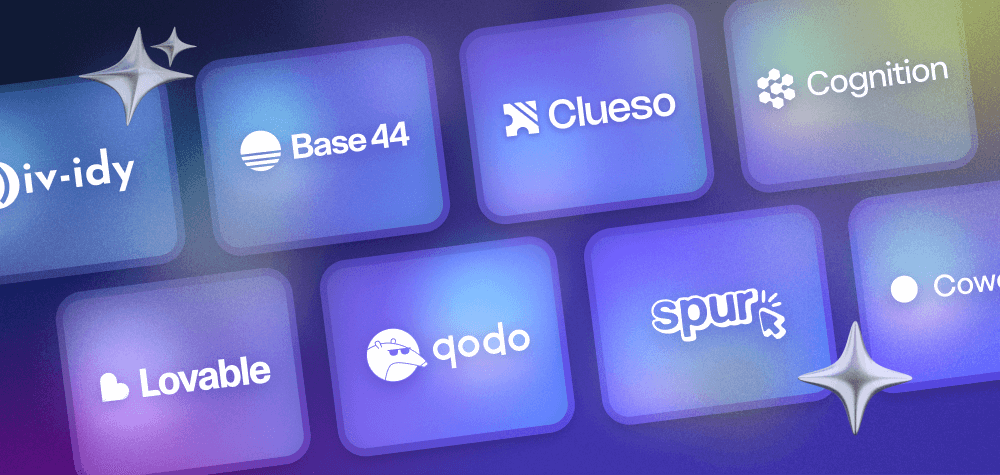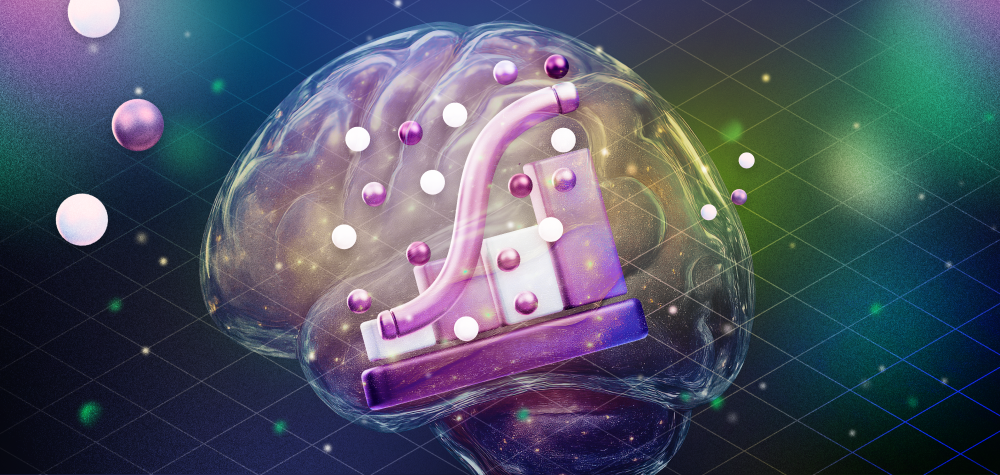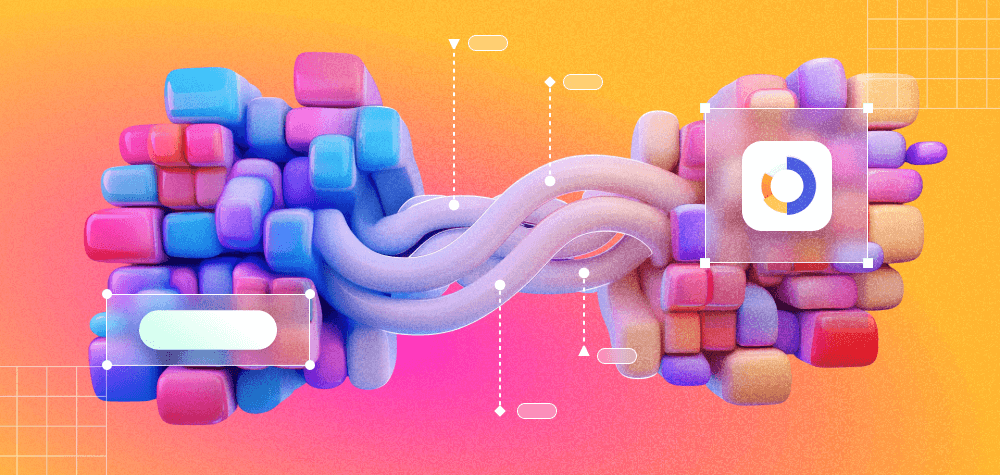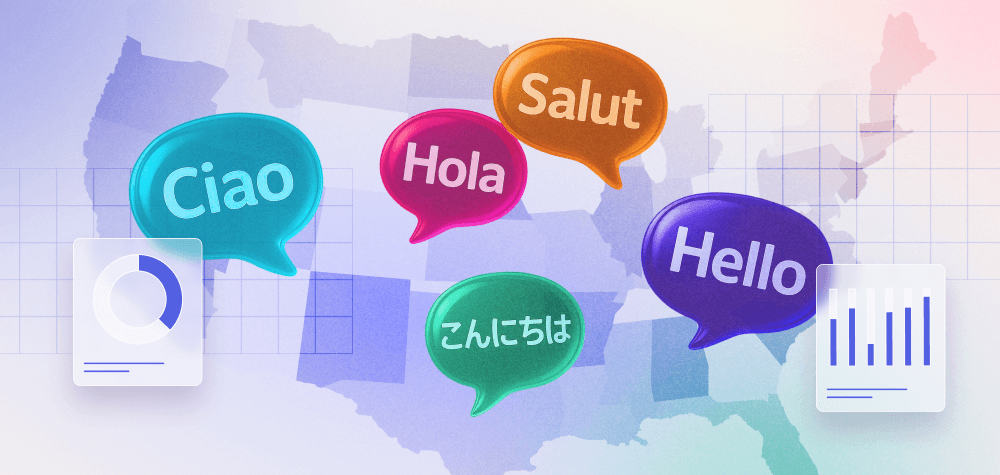Artificial intelligence is steadily weaving its way into every stage of app development. Developers are turning to AI to help write code faster, uncover bugs earlier, design more intuitive interfaces, adapt content for global markets, and unlock new monetization opportunities.
With so many options on the market, it can be tough to know which tools are worth testing. This list highlights eight AI-powered solutions that go beyond those offered by today’s tech titans. These stand out for the practical value they bring across the full app lifecycle, from building and design to testing, localization, and growth.
Getting an app off the ground often starts with laying the groundwork. Base44 uses AI to generate full-stack scaffolding from natural language prompts, setting up the project structure, boilerplate code, and integrations developers would otherwise spend hours wiring by hand. It’s about giving teams a solid foundation to build on, so they can invest their time in the features that make their product unique.
Designing polished interfaces is typically a separate hurdle. Div-idy takes sketches or ideas and turns them into clean UI components, bridging the gap between mockup and production-ready code. That means developers can go from concept to functional UI in a fraction of the time.
Lovable takes AI-driven app generation to the extreme with its “vibe coding” approach: Describe the app you want in natural language, and it produces a complete working product. That includes frontend, backend, and database code, all wired together and ready to push to GitHub. The output isn’t a scaffold to fill in later. It’s a functioning prototype you can edit, customize, and test with users right away. For developers, Lovable represents a way to open the app-building process to the broader organization.
While most coding assistants handle smaller, well-defined tasks, Cognition’s Devin (pitched as the “first AI software engineer”) aims to tackle entire tickets. It can autonomously plan, code, test, and even ship features. For teams, Devin represents a glimpse at where AI is heading: It’s not just assisting developers, but rather working alongside them on substantial projects.
Even with powerful coding and testing tools, developers still spend time bouncing among systems to get answers or coordinate tasks. Coworker is designed to ease that burden by acting as an AI teammate. It integrates with tools like Slack, GitHub, and Jira, giving teams a way to query project information, surface organizational context, and delegate multi-step tasks without switching contexts. For app developers, that means less overhead on coordination and more focus on shipping features.
As projects scale, maintaining quality at the code level becomes critical. Qodo (formerly CodiumAI) positions itself as an agentic code quality platform, applying AI to generate code, create tests, review pull requests, and enforce quality benchmarks before anything merges. Where other tools focus exclusively on downstream QA, Qodo also brings reliability upstream to help teams catch issues earlier.
Even the cleanest code can fail once it’s in the wild. Spur brings AI to full end-to-end QA, running tests across environments to catch regressions, edge cases, and flaky behaviors that only appear under real-world conditions. While Qodo can enforce integrity at the commit and merge stage, Spur provides a final layer of assurance that the product performs reliably before reaching users.
Finally, as teams and codebases grow, content and knowledge management becomes critical. Clueso leverages AI to create product videos and training tools for companies, but for internal team support, it also can index internal documentation and make it searchable via natural language queries. Instead of digging through wikis or outdated notes, developers can get precise answers about projects quickly, enabling them to stay focused on building rather than searching.
The thread running through all these tools is that AI isn’t replacing developers. It’s giving them leverage. Each tool focuses on a specific choke point in the app lifecycle, whether that’s speeding up design, writing code and improving quality, expanding into new markets, or simply keeping knowledge organized. Taken together, they show how AI can be less about flashy demos and more about practical support: helping developers move faster, with fewer mistakes, and with a clearer path to growth.
Start.io employs its unique set of AI-driven tools to help app developers monetize through advertising. Learn more here.



